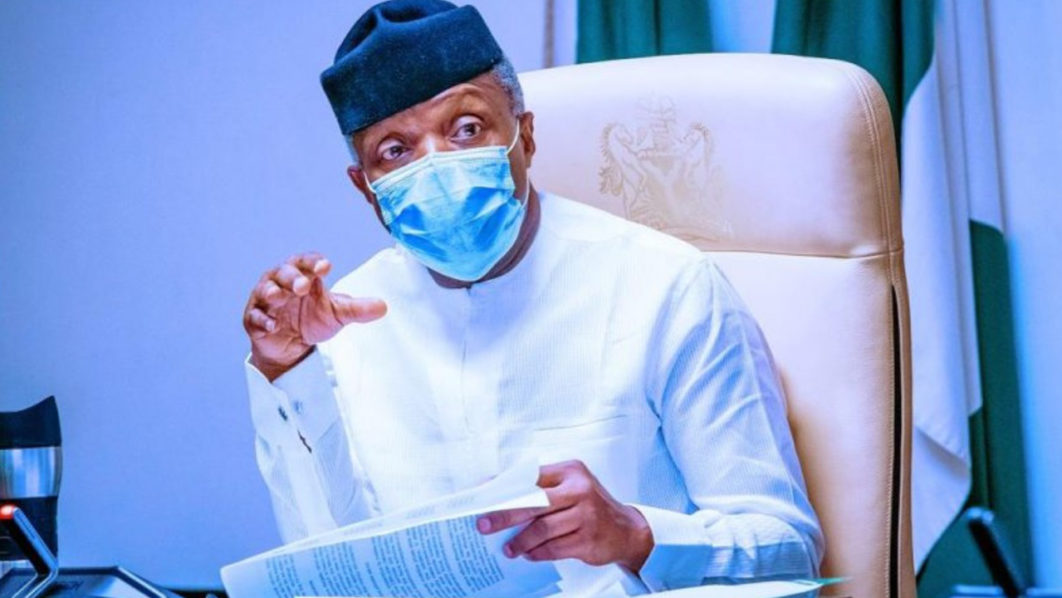
Speaking at the launch of Process Manual on Port Operations in Nigeria at the Presidential Villa, Abuja, the vice president noted that the multi-stakeholder document, championed by the Technical Unit on Governance and Anti-Corruption Reform (TUGAR), was to address operational gaps and improve transparency and accountability in the system.
In a statement yesterday by Senior Special Assistant to the President on Media and Publicity (Office of the Vice President), Laolu Akande, the nation’s number two citizen said the manual was to tackle noticeable lapses in the ports and enthrone an enabling environment for both domestic and foreign users.
He said: “An effective and successful systemic intervention in the port sector will rapidly change the narrative, perception, and ranking of Nigeria in the CPI. The Process Manual on Port Operations is expected to be one of the key indicators for the effective implementation of Executive Order 01 issued essentially to promote transparency and efficiency in the business environment and facilitate ease of doing business.”
Osinbajo reiterated that the anti-graft fight remained one of the priorities of the current administration, with a lot of time and resources have gone into it since 2015 when President Muhammadu Buhari took office.
He regretted that despite the substantial gains over the years, Nigeria’s ranking under certain CPI indices had not shown good results commensurate to the government’s efforts to tame menace.
The vice president went on: “In terms of utility and relevance, Transparency International CPI and its consequent data sources are determined largely by and produced for the consumption of the business community.”
It, therefore, has significant reputational and economic implications for countries that are being assessed. The analysis of the CPI further reveals that the ports are primary points of interface between the country and the business community, whether domestic or international, and the experiences of business community shape their perception which feeds into the reputation of the country.”
On the significance of the manual, he submitted: “It is a step by step trajectory of processes at the ports. It outlines the actors and timelines for each process. It guides the user by highlighting all required documentation, payments, timelines, and relevant agencies.
“It equally guides the port operator by detailing the implementation chain and provides clarity on the time required for each process. The process manual is expected to ensure predictability; promote transparency and accountability; reduce corruption in port processes; eliminate bureaucratic bottlenecks faced by port users and reduce the opportunity for illegal demands in the ports. It is expected that the manual will be reviewed and updated as issues and developments emerge.”
On her part, the Head of Technical Unit, TUGAR, Mrs. Lilian Ekeanyanwu, said the initiative was a pilot in the “new trajectory of evidence-based response to issues of corruption.”






